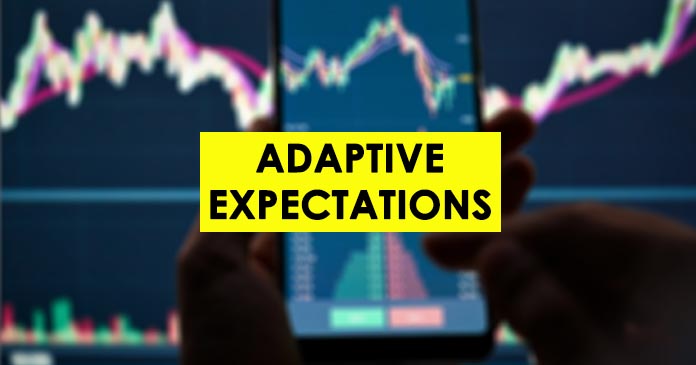According to the economic theory known as adaptive expectations, the past has a significant role in forecasting the future.
In other words, adaptive expectations refers to the predicted process through which individuals create their expectations for the future based on the past.
The prediction of inflation is a typical example. According to adaptive expectations, if inflation increased in the previous year, consumers will predict rising inflation in the next year.
What is the difference between rational and adaptive expectations?
Adaptive decision-makers use historical trends and occurrences to forecast future results, as opposed to rational decision-makers who rely on the considerable information currently found in the market.
Who developed adaptable expectations
The Purchasing Power of Money by Irving Fisher (1911) used the adaptive expectations theory to explain individual behaviour. Later, Philip Cagan applied it to explain simulations like hyperinflation (1956).
Formula for adaptive expectation
pe = pe-1+ (p-pe-1)
Pe is the predicted inflation rate for the coming year.
pe-1 is the predicted inflation rate for this year from the last year.
P is the real inflation rate for this year, which ranges from 0 to 1.
Limitations of adaptive expectations
- The model makes the oversimplified assumption that people base their expectations of the future on what has already occurred.
- In the actual world, previous behaviour is just one of many variables that affect present and future actions. If inflation is trending upward or lower, adaptive expectations are constrained.


